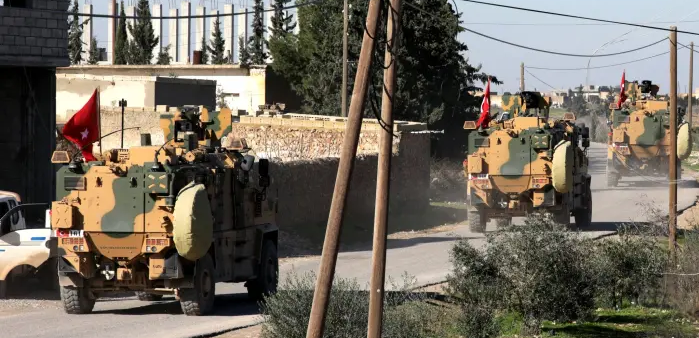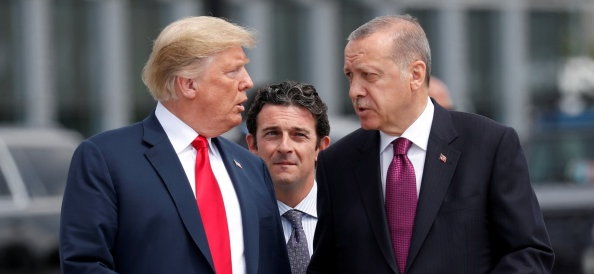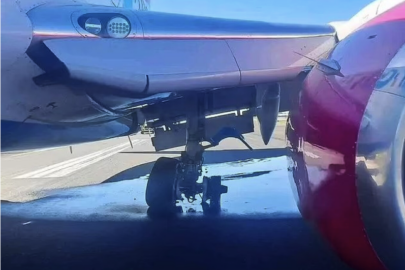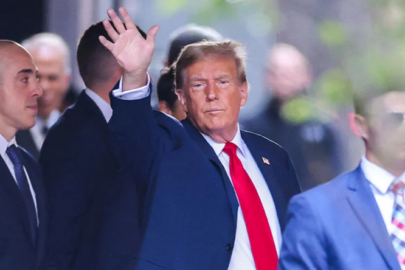US president Donald Trump’s decision to withdraw US forces from Syria has predictably emboldened Turkey to step up its campaign against American-allied Kurdish fighters in the north of the country. President Recep Tayyip Erdogan claims Mr Trump is even encouraging Ankara to set up a 30km-deep “safe zone” inside Syrian territory across Turkey’s southern border.
Whether or not that turns out to be settled US policy — Mr Trump also warned Ankara against attacking Washington’s Syrian Kurd allies — Mr Erdogan is in Moscow this week for talks on Syria and the buffer zones with President Vladimir Putin. Russia’s intervention in Syria, alongside Iran’s, has brought victory to the regime of Bashar al-Assad, as well as its own triumphant return to the Middle East. It shows no sign of wanting to relinquish its hold on the country.
It is with Mr Putin’s blessing that Mr Erdogan has been able to establish two Turkish-run buffer zones in north-western Syria: through Operation Euphrates Shield in 2016, which carved out an enclave from Jarabulus on the Euphrates river to Azaz in the west, and Operation Olive Branch, the cover for last year’s Turkish invasion of the Syrian Kurdish canton of Afrin.
It is Mr Putin’s imprimatur, more than a Trumpian volley of tweets, that Mr Erdogan will need to even attempt to establish any kind of buffer zone in the areas the US plans to vacate east of the Euphrates — the more than one-quarter of Syria largely controlled by the Kurdish Democratic Union party (PYD) and its militias. Is he likely to get it?
Russia’s consent to the Euphrates Shield operation in 2016 involved one of the regular realignments in the political shell game of alliances so characteristic of Syria and the Levant. Where Moscow backed the Damascus regime, Ankara was on the opposite side of the civil war, supporting a variety of jihadi rebels against the Assads. Mr Putin evidently saw an opportunity after the abortive coup against the Erdogan government in July 2016 and drew Turkey into his orbit, forming a tripod of power by adding Turkey to its alliance with Iran.
Read more HERE







































